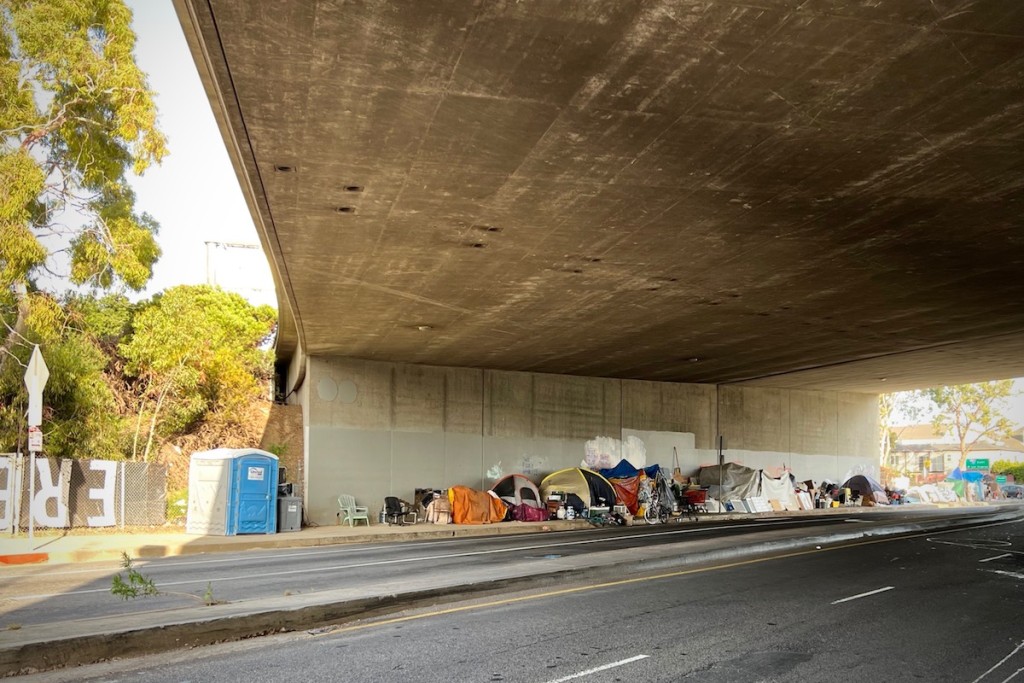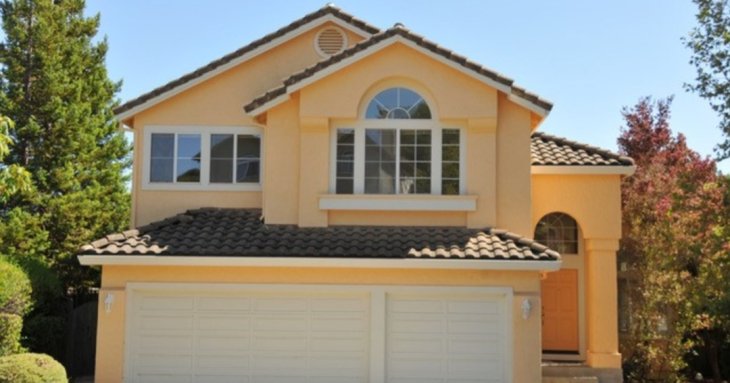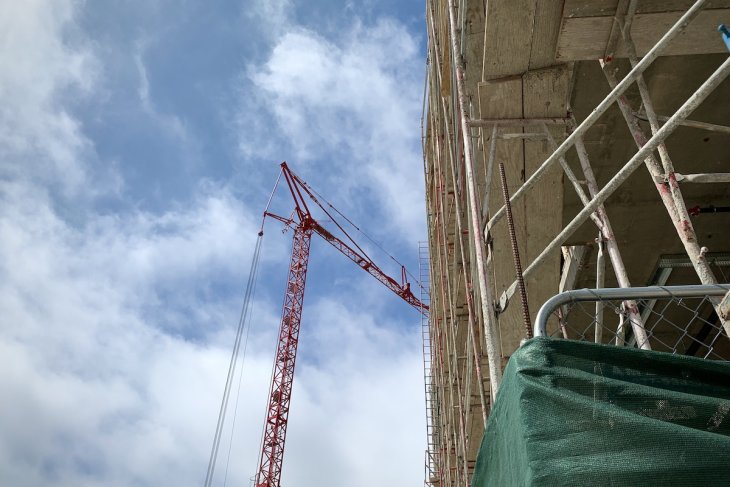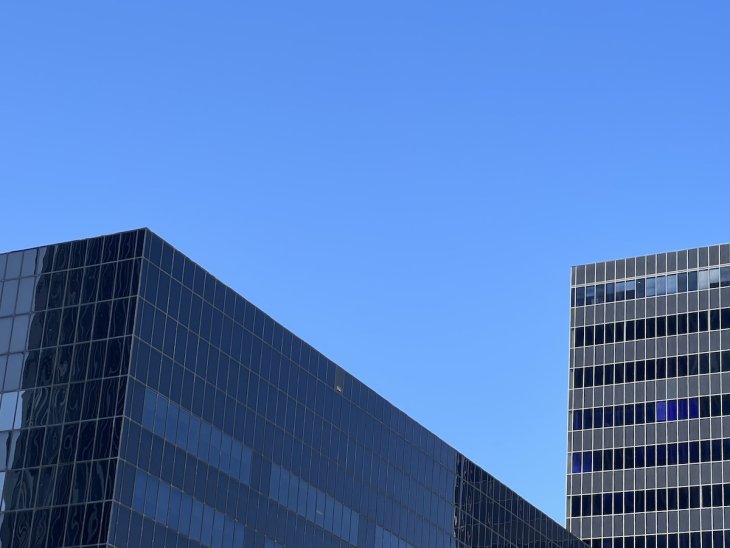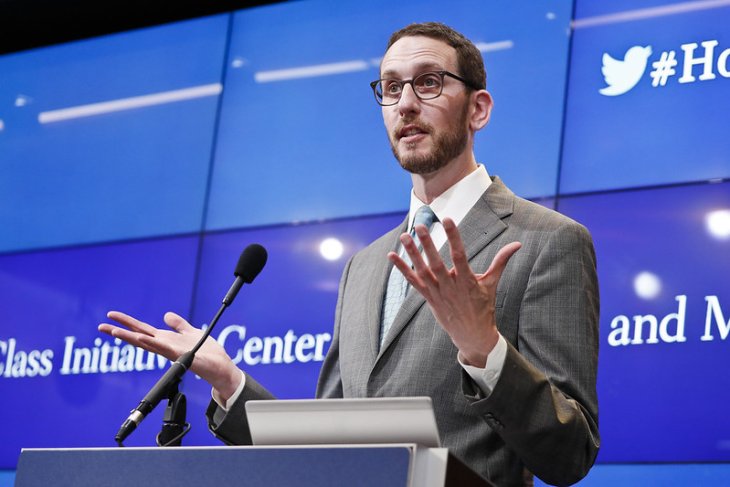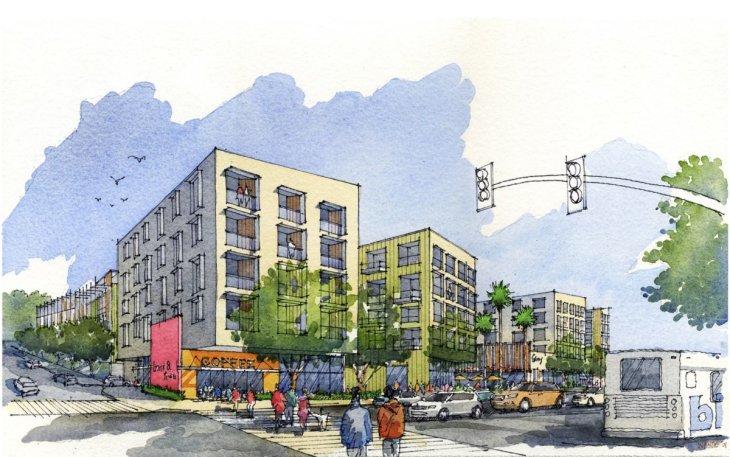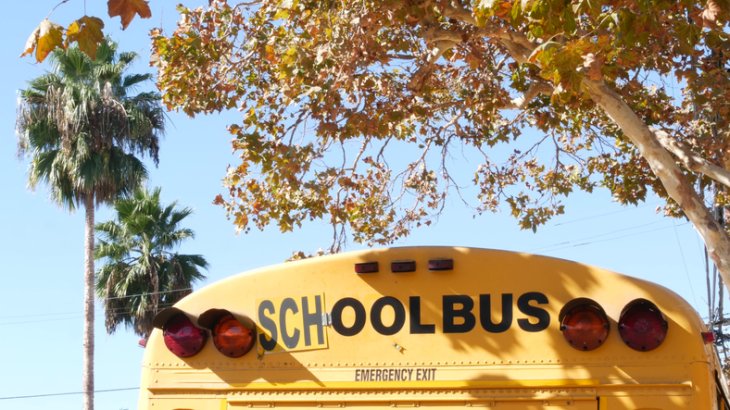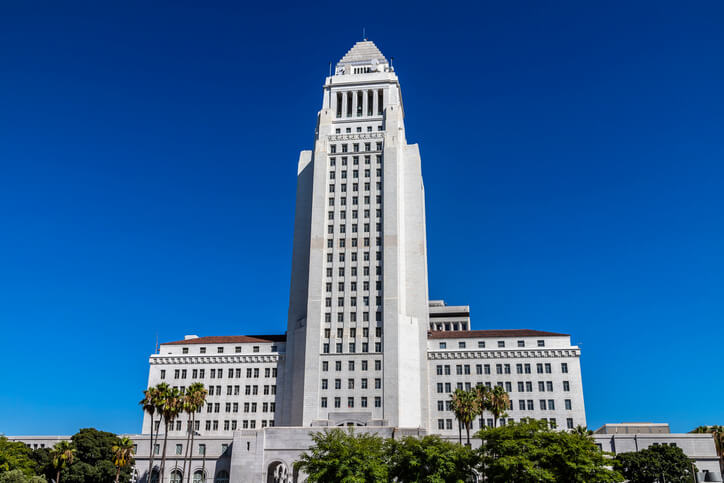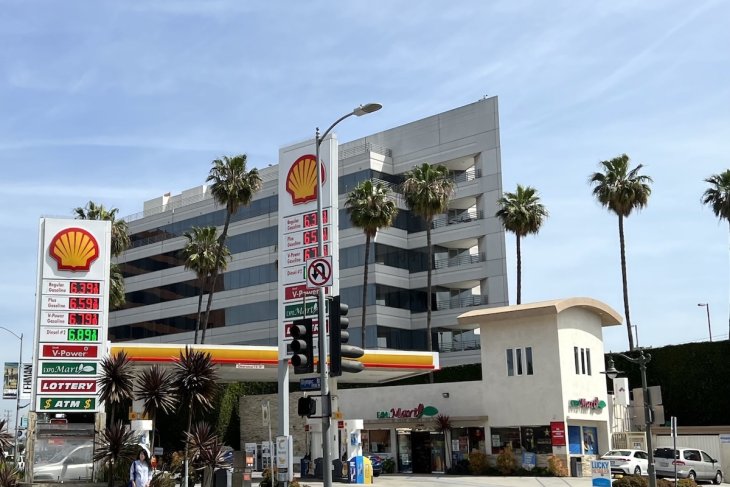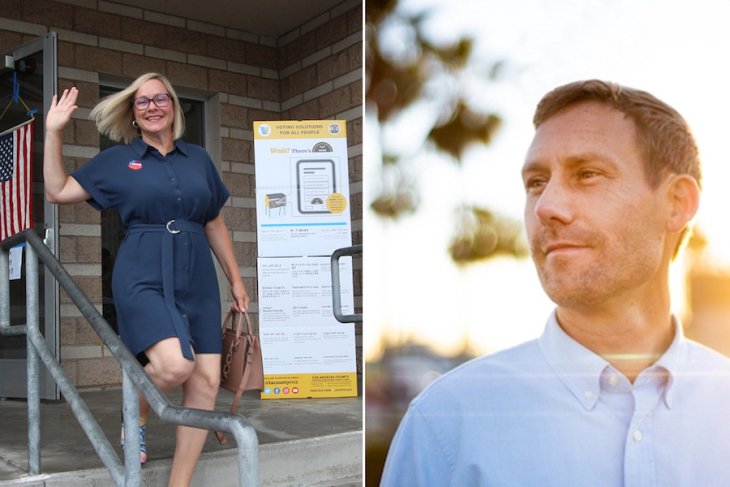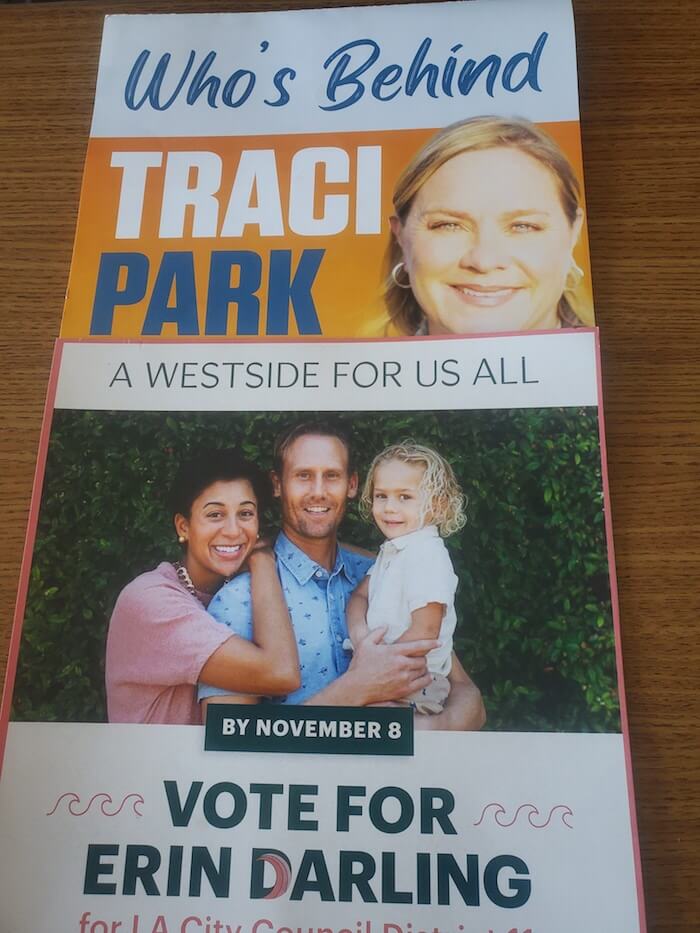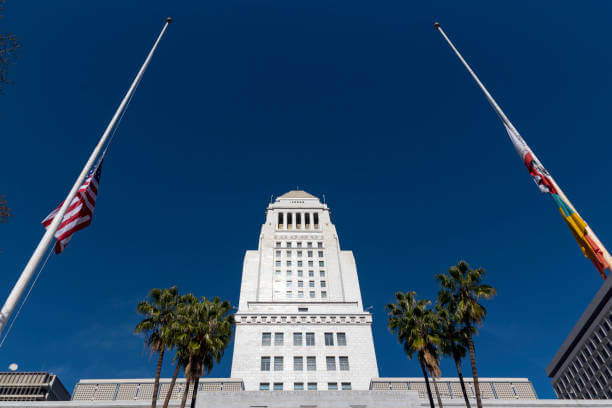By Jeff Hall
Federal Judge David O. Carter is a hero, as far as I’m concerned.
He essentially forced the City of Los Angeles to settle a lawsuit with the LA Alliance for Human Rights regarding the need to provide shelter for LA’s homeless population.
I think it’s pretty clear that without Judge Carter’s intervention, our elected officials would never have figured this out on their own. The suit had been dragging out for years.
As a result of the recent settlement on housing the homeless, 16,000 housing units will built at a cost of $3 billion. But is this even enough housing? And is this really the best use of money?
As noted above, the city settlement with LA Alliance for Human Rights calls for 16,000 housing units to house the homeless, but there are an estimated 66,000 homeless individuals spread across LA County. Assuming one homeless person per new unit, where will the other 50,000 homeless individuals go?
Also, if $3 billion will help subsidize 16,000 units, it seems like we haven’t made much progress when it comes to the economics of providing housing. The original $1.2 billion in HHH money is projected to net us around 5,000 units.
While these subsidies don’t cover the entire cost of providing housing – the developers have to find additional money elsewhere — $3 billion for 16,000 units sounds like it will result in roughly the same cost per unit as what we’ve been building in recent years, which we all agree is too high.
I think the idea of putting a cap of $350,000 per unit is completely reasonable. I think providing decent temporary shelter, including tiny homes, is the quick and smart way to get started. Spending all these billions for too few units has never made sense to me. We need to think bigger if we are to actually solve this problem.
There is some discussion floating around that every City Council district will need to provide housing for its fair share of the homeless, based on the number of homeless already living in each district.
In the grand scheme of things, Brentwood has been far less impacted than other Westside communities, particularly Venice Beach. Homeowners and renters in Venice universally feel they have absorbed more than their fair share of the homeless population and all the problems that attach to that. Homeless people show up from all over the country, not just from across L.A.
It’s reasonable to expect someone at some point – likely our next city council representative – will ask Brentwood (and other CD11 communities) to find room to absorb some of the homeless from Venice and other Westside neighborhoods.
Should this request – or edict – be forthcoming, how will Brentwood respond? Even if we are willing to do our fair share, where in Brentwood will we put housing for the homeless? There aren’t a lot of obvious locations (although the Munger property stands out as having potential).
Maybe this will never come to pass (that Brentwood will be asked to find a location for housing for the homeless), but I think it’s something we need to at least start thinking about. At some point, all the vague talk about providing shelter and services for the homeless must be translated into reality. That means getting very specific. Where will we put the homeless?
I still think there is a Palmdale option that should be considered.
Back in 1968, the City of Los Angeles bought 17,000 acres in Palmdale for the purpose of building an airport. The idea was to anticipate population growth in the region and relieve pressure from LAX. The airport never got built and the land is still there (mostly used for agricultural purposes).
I recently Googled around, looking for a city with a population of 66,000 – the same as LA County’s homeless population. I wanted to get my head around the magnitude of the challenge we face. As it turns out, Palo Alto, where I used to live, has a population of 66,000. I know Palo Alto well; to drive from one side of Palo Alto to the other can easily take 20 minutes.
Palo Alto is 26 square miles. As it turns out, 17,000 acres (the land the city owns in Palmdale) equates to almost exactly 26 square miles. All of Santa Monica is 8.4 square miles (but it’s also much denser than Palo Alto; Santa Monica has 90,000 inhabitants). Let’s say, for the sake of argument, we need at least five square miles of land in LA devoted to housing for the homeless. That’s a lot of land in a town that’s already overbuilt.
Yes, there are parking lots here and there. And there are surely old buildings in need of rehabbing. And there are more vacancies at office buildings and retail locations these days, because so many are now working from home and shopping online. So some of these locations could become available for housing the homeless.
But it seems to me finding one place here and another place there is going to be a very expensive and very time-consuming process. Meanwhile, the homeless will continue to suffer – and die – on the streets.
If we took advantage of the free land we have in Palmdale, we could create a city for many of LA’s homeless, with several villages within this city. One village could be for those in need of drug rehab; another could be for senior citizens; another could be for single mothers with children; another could be for the seriously mentally disturbed; another could be a sober-living village; another could be for those who just need a little help to get back on their feet. There is no “one size fits all” solution.
We could centralize water, sanitation, shelter, mental health services, medical care, food, showers, job training, security, transportation and everything else that’s needed for a city. As members of the homeless population become ready, they can be reintegrated into society. But some should remain institutionalized, it’s clear. We could build needed mental health facilities in Palmdale, as well.
I proposed this Palmdale idea in an earlier column some months back, and some emailed me to say I’m a NIMBY, anti-homeless, etc. Many more said what I was proposing just made common sense. Using existing land that’s already paid for is surely more cost-effective than buying up land or existing properties.
Wanting to do something about homelessness is one thing. Actually providing the shelter will be another. Very soon, it will finally be time to become very practical and very specific. Where will we put all the homeless in need of shelter – especially if we have to do this city council district by city council district? If we somehow acquired all the available locations within CD11 – not including parks and beaches – would that be enough to get all of CD11’s homeless into shelter?
CD11 is obviously limited when it comes to open land. I’m not sure how many commercial buildings could be converted into housing. Meanwhile, why is Palmdale not a reasonable option? We could move on that quickly and for far less money. The homeless could begin their recovery journey as developers figure out how to buy, convert and rehab existing buildings within the city. Leaving homeless individuals on the streets for years at a time has always seemed to me to be the cruelest policy of all.
Got other ideas that might work? Please send them to jeffhall@mirrormediagroupla.com.

